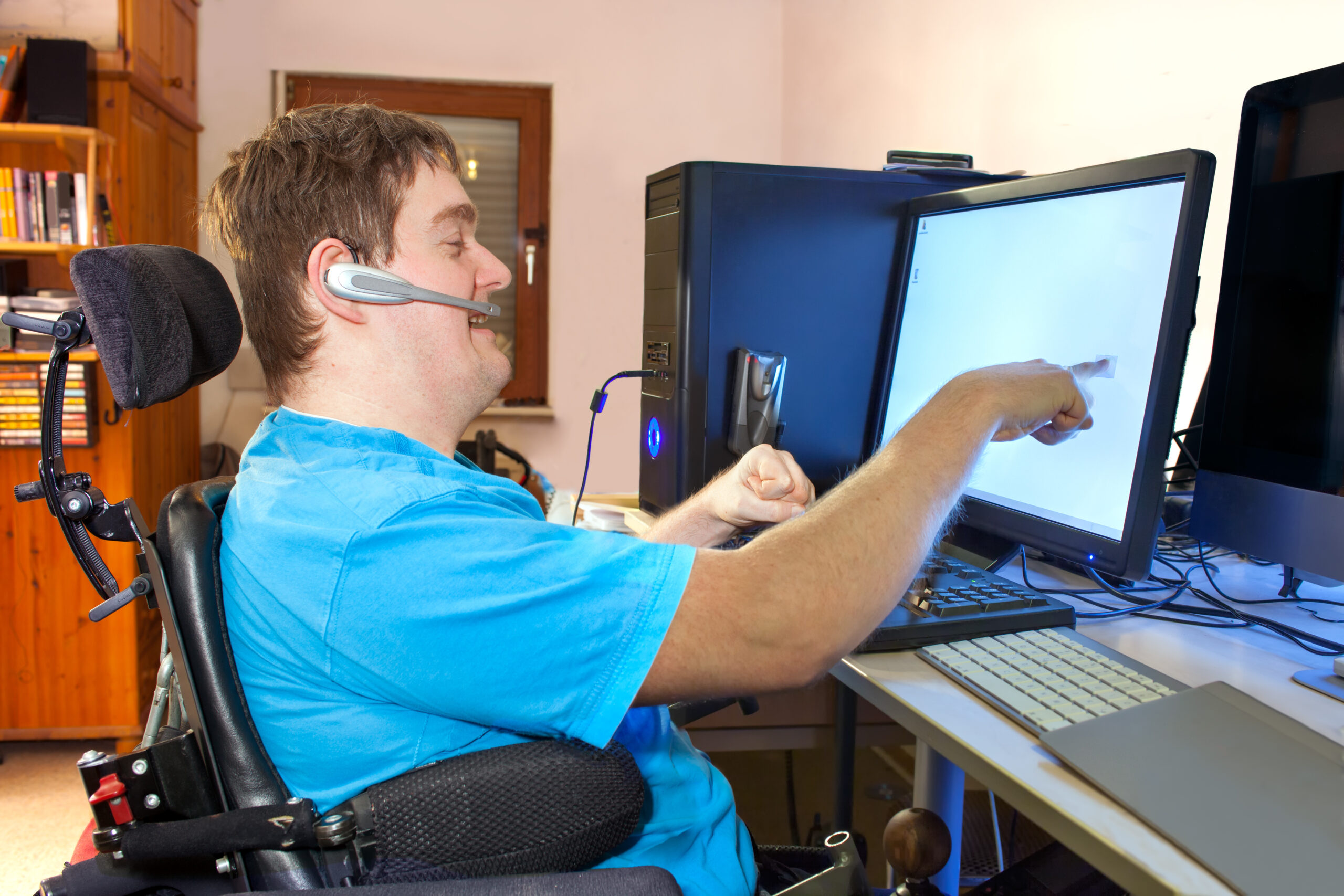Speech pathologists are well known for helping children with speech problems. This is an area of practice that receives significant attention during a speech pathologist’s training, and is the subject of countless (and great) textbooks. But what happens to the child that continues to speak unclearly into adulthood?? How can speech pathology help an adult with speech problems?
For an adult with a disability, the National Disability Insurance Scheme (NDIS) has created a new opportunity. Adults with speech problems have historically not had the option of therapy. Yet these adults might have life goals. They might want to live independently, look for work, or start a relationship. The ability to speak clearly is SO important for these activities. We think it is exciting that the NDIS makes funding available for adults to seek speech pathology support, so that they can overcome any speech problems, regardless of how long the problem has existed.
We are receiving quite a lot of referrals for adults with “speech problems” who want to “speak better”. To serve these clients well, we have done our research and want to share our reflections with you.
Clinical question:
In adults with Disability, what speech treatment is effective for improving everyday speech intelligibility?
In answer to this question, the Royal College of Speech-Language Pathologists Clinical Guideline number 5.11 – Dysarthria offers the following recommendation:
“Where the aim is to reduce the degree of impairment or increase the physiological support for speech, a physiological approach may be appropriate. This may occur separately or in combination with either or both a compensatory and/or augmentative approach” (Level A Evidence; p. 96).
What does that mean?!
Put simply, this means that for some individuals we can choose to treat the underlying speech impairment (e.g. making the sound “ch” clearly so the person can say their name, “Charlie”). As another example, for a young man with Apraxia of Speech, we used Rosenbek’s cueing heirarchy and integral stimulation to help him say words more clearly so that he could order popcorn and lemonade at the movies. These are examples of a physiological approach. For others, we have given cards with key phrases (e.g. “One burger please”). We have practiced saying these phrases, as well as practiced giving the cards to shop assistants when an order is made, so that the right message gets across. This is an example of a compensatory approach.
We have followed the Royal College’s guidelines by using a variety of therapies to meet each individual’s speech needs.
So, how can speech pathology help an adult with speech problems?
The reason we are sharing this story is that when the NDIS referrals started coming in, we weren’t sure the best way to support these adults with Disabilities who wanted help with their speech.
With a bit of reading (and using our existing speech pathology skills such as doing thorough assessments, setting individual goals, and taking data to measure therapy progress) we have figured out that YES, speech pathology can help an adult with speech problems! It would be great to see more evidence emerge in this space so that we can offer the most effective and efficient support.





